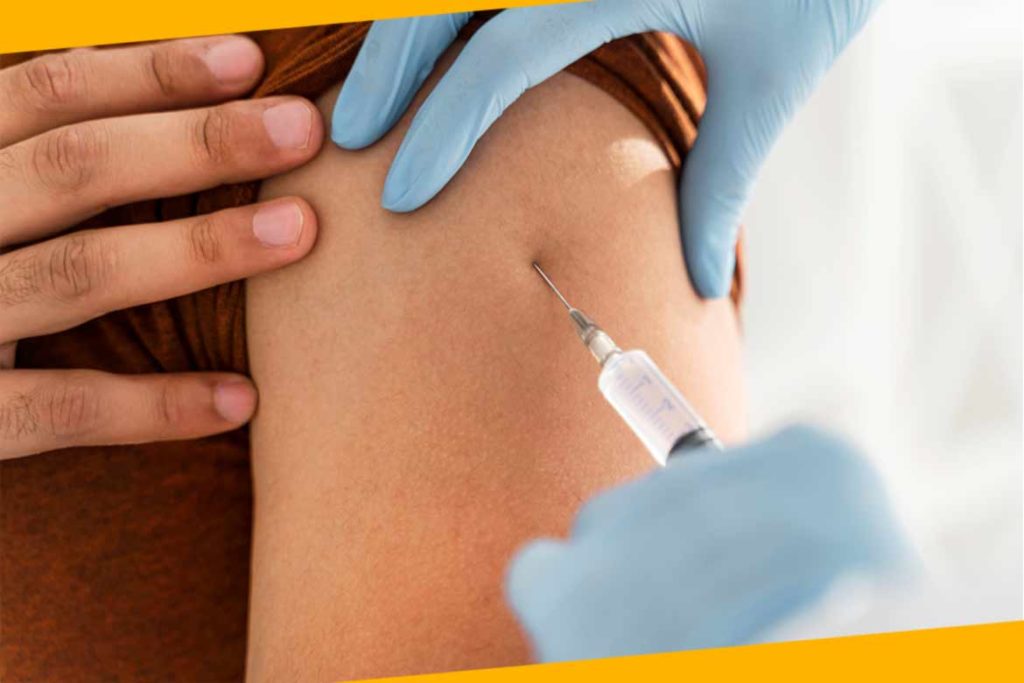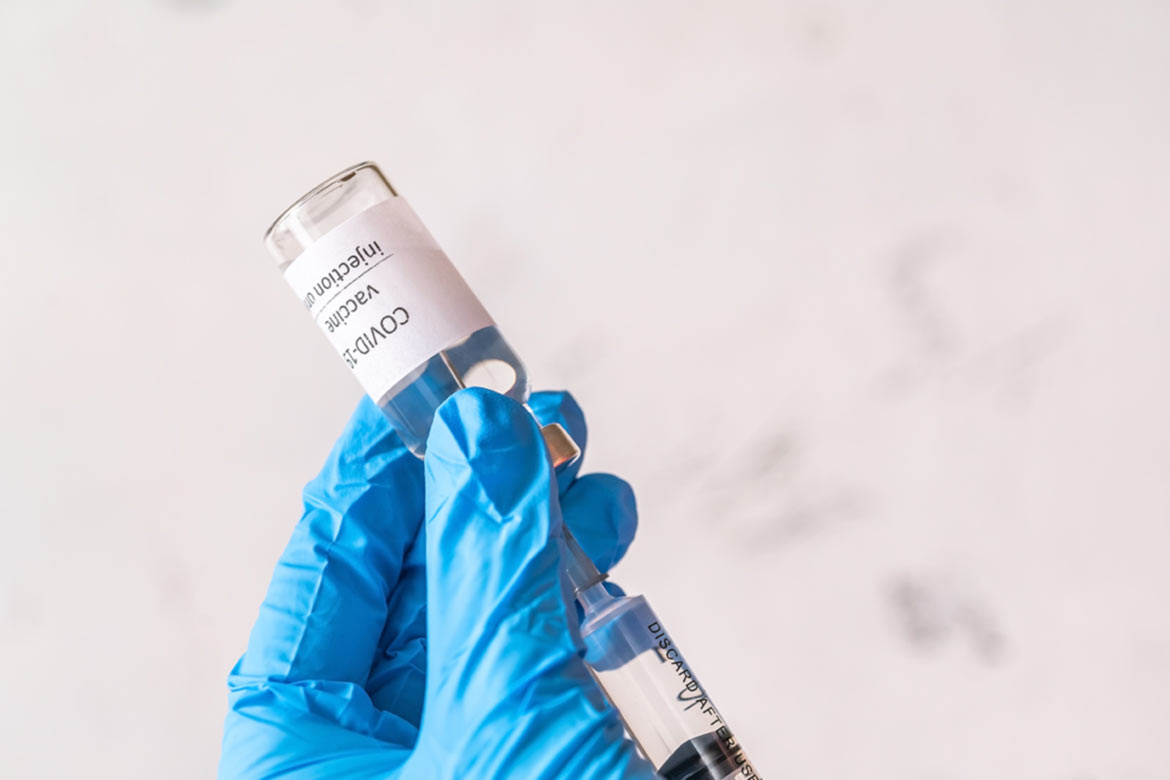Intermixing of vaccine doses is taking place in many countries of the world. Canada has permitted on June 1 and Bahrain on 4 June for mixing of doses of two different vaccines. In the UK, it started in January itself. Now the US is also starting the trial. But in India, the guidelines of the Ministry of Health say that one must take the seconddose of the same vaccine. If another dose of the same vaccine is not available, then you will have to wait.
However, amidst the news coming from abroad, Indian officials are also considering the mixing of vaccine doses. At the same time, in view of the lack of supply, the gap of both the doses of COVISHIELD has been changed thrice. Currently, only Sputnik V is being tested along with COVAXIN and COVISHIELD. In this context, we will understand about the intermixing of the vaccines.
Is intermixing of COVID-19 vaccine a good idea?
COVID-19 has become a cause of distress all over the world. In such a situation, the paucity of vaccines and the effectiveness of available vaccines has forced many countries to seriously consider mix-and-match. In many countries like India, due to the lack of timely supply of vaccine doses, people have to wait for a long time for the second dose.

Also read: Do Covid Survivors need only 1 Shot of a 2-Dose Vaccine??
Not only this, the risk of a new wave of COVID and new variants is also increasing. This also weakens the efficacy of the vaccine.
So far intermixing of vaccines has proved to be safe. In many countries of the world, there has been or is being studied on the cocktail of vaccines. Researchers at Oxford University conducted trials by mixing doses of Pfizer’s mRNA vaccine with the AstraZeneca vaccine. The results are promising so far.However, its side effects have also been seen.
In a study started in the UK in February, the use of vaccines of AstraZeneca, Pfizer, Moderna and Novavax was investigated. According to the Telegraph, promising results have been found in trials conducted on 600 people in Spain and 300 in Germany.
In the research, 26 youths in the age group of 25-46 years were given the first dose of AstraZeneca and the second dose of Pfizer. The results showed that the combination produced four times more neutralizing antibodies against the alpha variant found in the UK.
Does similar practice take place before?
This is a practice that has been going on for decades. It was tried on viruses like Ebola. However, most combinations were of vaccines made from the same technology. A combination of rotavirus vaccine has been used in India. Mix-and-match trials of two rotavirus vaccines are going on for the last three years. So, this practice cannot be called new.

Also read: What Is Long-COVID? What Are Its Symptoms?
How this could be a game changer for India?
The government expects that seven to eight COVID-19 vaccines will be available in India in the next few months. These include vaccines made on viral vector, mRNA, DNA and recombinant protein platforms. Then it will be a big challenge to keep two doses of the same vaccine. Especially, in rural areas, a large number of the population is still illiterate. It will not be easy for them to remember the names of the vaccines.
India will get a chance to try many such combinations, which is not there in any other country in the world. Some vaccines are very inexpensive and can be made on a large scale. If these combinations proved to be successful, then they can prove to be very effective for poor and middle-income countries. They will also help in increasing the supply of vaccines.
The initial vaccines are made against the original virus of Corona. Because of this, their effectiveness on the new variants is not known. Mixing vaccines made on different platforms will give new strength in the fight against the variants.
So far, doses of AstraZeneca have been tested with Pfizer/Moderna vaccine in Spain and UK trials. We have not had to intermix trials here. Mix-and-match trials of vaccines from Sputnik-V and AstraZeneca (COVISHIELD) are underway.
